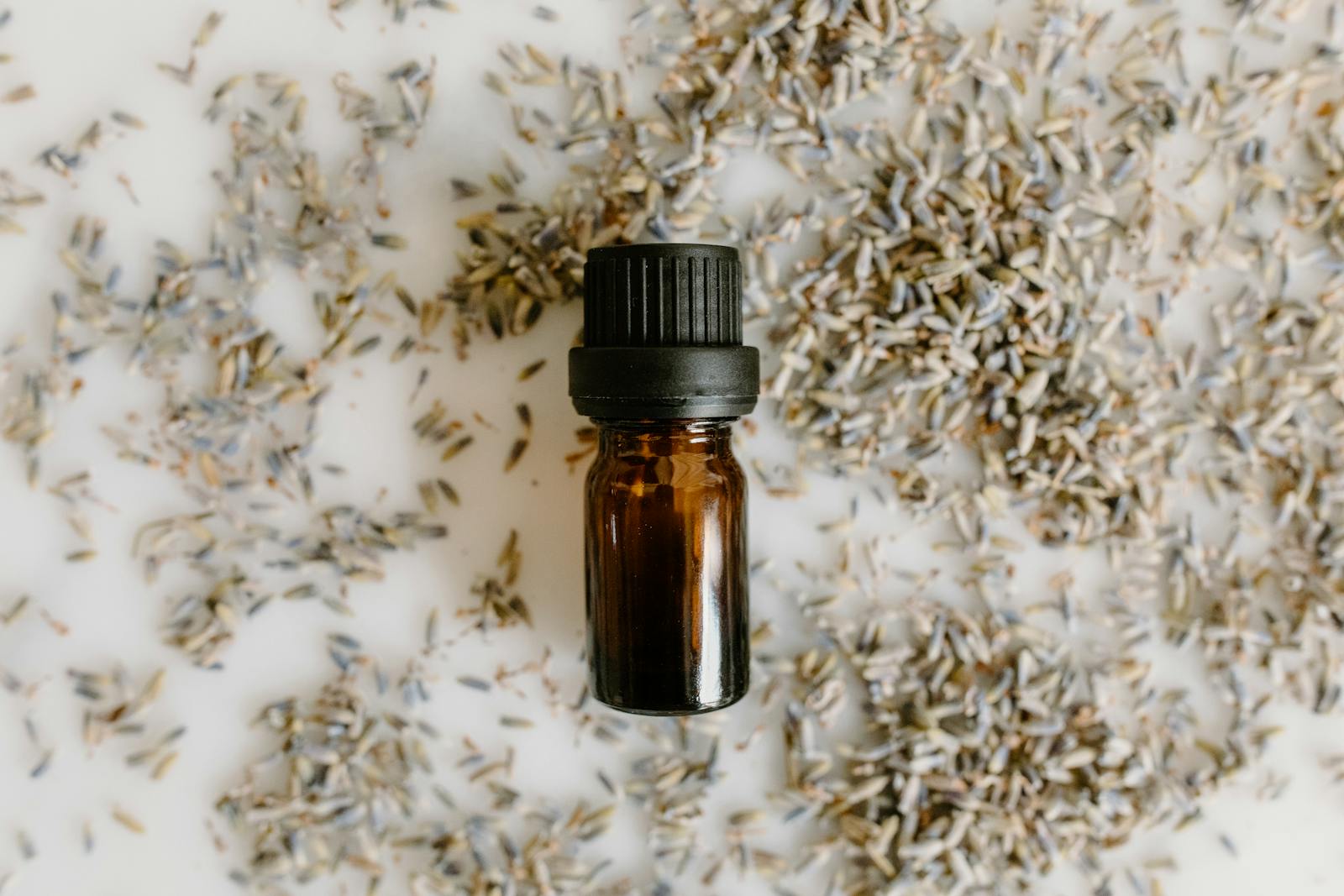
Hey there! It’s been a while since I last sat down to write about something that really matters. As I type this, the world is still bustling with activity, and it seems like everyone is trying to find their own little slice of happiness and health. Speaking of health, today I want to dive into a topic that doesn’t get as much attention as it should—co-vitamins.

Now, when we talk about vitamins, most people think of A, C, D, E, and K. But what about co-vitamins? These are lesser-known compounds that play crucial roles in our body’s metabolic processes. They’re not exactly vitamins, but they work alongside them to ensure our bodies function optimally. Co-vitamins are like the sidekicks to our superhero vitamins, often going unnoticed but always ready to step up when needed.
The other day at work, I was discussing with a colleague how important it is to look beyond the obvious when it comes to nutrition. We’re so focused on the big names that sometimes we forget about these tiny helpers. It got me thinking about my own diet and whether I’m giving enough attention to these unsung heroes. If you’re anything like me, you might be wondering, “What exactly are co-vitamins, and why do they matter?”
One of the most well-known co-vitamins is Coenzyme Q10 (CoQ10). This powerful antioxidant is found in almost every cell of the human body and plays a vital role in energy production. As we age, our natural levels of CoQ10 decrease, which is why many people choose to supplement. Another notable co-vitamin is Lipoic Acid, which helps turn glucose into energy and acts as an antioxidant, protecting cells from damage caused by free radicals.
But it’s not just about the individual benefits; co-vitamins also enhance the effectiveness of other nutrients. For instance, taking a B-complex vitamin along with certain co-vitamins can boost your energy levels and support brain function. It’s all about creating a balanced nutritional profile that supports overall wellness.

In the hustle and bustle of daily life, it can be easy to overlook the importance of a well-rounded diet. I’ve been guilty of this myself, grabbing a quick meal or snack without considering its nutritional value. However, as I’ve delved deeper into the world of co-vitamins, I’ve realized that even small changes can make a big difference. Incorporating more foods rich in co-vitamins, such as nuts, seeds, and organ meats, can help fill in the gaps and promote better health.
It’s also worth noting that while supplements can be beneficial, they should never replace a healthy diet. The best way to get the most out of co-vitamins is through a varied and nutritious diet. Think of it as a team effort—each nutrient has a role to play, and together they create a symphony of health.
So, the next time you’re planning your meals or considering a supplement, don’t forget about the co-vitamins. They might not be as flashy as some of the more popular vitamins, but they’re just as important. Whether you’re looking to boost your energy, support your immune system, or simply feel better, co-vitamins could be the missing piece of the puzzle.
Life is a journey, and taking care of our health is one of the most important things we can do. From the big decisions to the small ones, every choice we make has an impact. So, let’s give co-vitamins the recognition they deserve and see where this journey takes us. After all, it’s the little things that often make the biggest difference.
